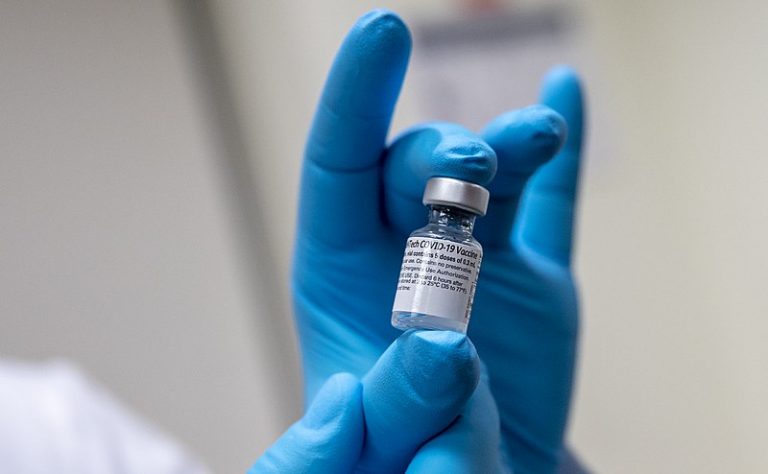Published on May 2, 2024

Written by Clayton Sandell for Scripps News
Four years after the COVID pandemic swept across the U.S., mask mandates are no more. The Centers for Disease Control and Prevention no longer recommends a five-day isolation after a positive test, and travel restrictions have been lifted.
But for millions of Americans like Jessica Spangler’s 9-year-old daughter, who is at risk for lung problems, the threat from COVID is just as great in 2024 as it was in 2020.
“I’ve been told by her doctor that the more she gets COVID, the more at risk she is of developing COPD (chronic obstructive pulmonary disease) as an adult. I mean, that’s a fatal illness. So that’s something that could literally cut her life short,” Spangler said.
The Spangler family still takes precautions, including wearing masks, but since most others do not, her family tends to isolate rather than risk exposure.
“We end up not being able to participate in things and not being able to socialize with people and meet people that we would have,” she says.
Millions of other Americans have compromised immune systems, meaning they are more likely than others to get sicker from COVID, as well as have the virus for longer periods of time.
“About 1 in 15 U.S. adults is immunosuppressed,” said Melissa L. Martinson, an associate professor at the School of Social Work at the University of Washington.
A study Martinson co-authored reveals the number of immunosuppressed people in the U.S. is approximately 17 million, more than double previous estimates.
“These are people who are super cautious. They might be the folks that you see in public wearing masks, but they also might not be in public as much because public spaces are not as safe as they could be for immunocompromised folks,” Martinson said.
"About 1 in 15 U.S. adults is immunosuppressed," said Melissa L. Martinson, an associate professor at the School of Social Work at the University of Washington.A study Martinson co-authored reveals the number of immunosuppressed people in the U.S. is approximately 17 million, more than double previous estimates.